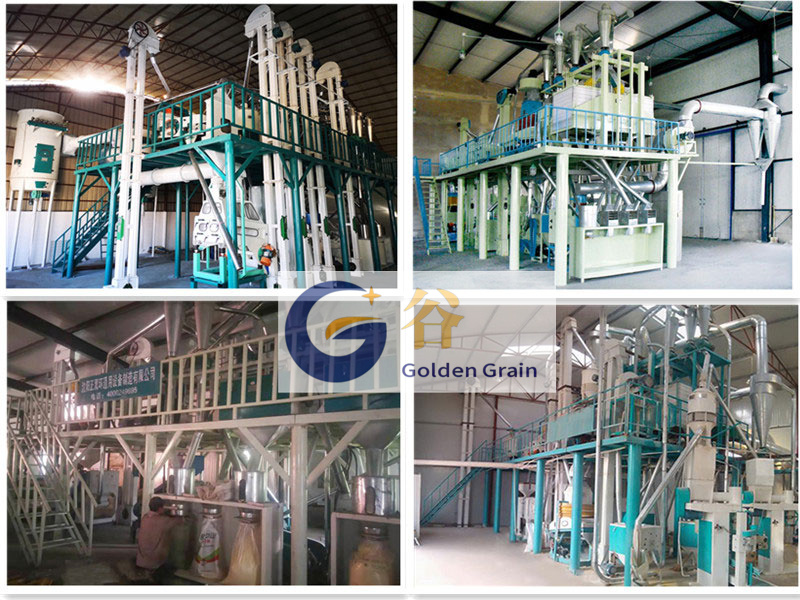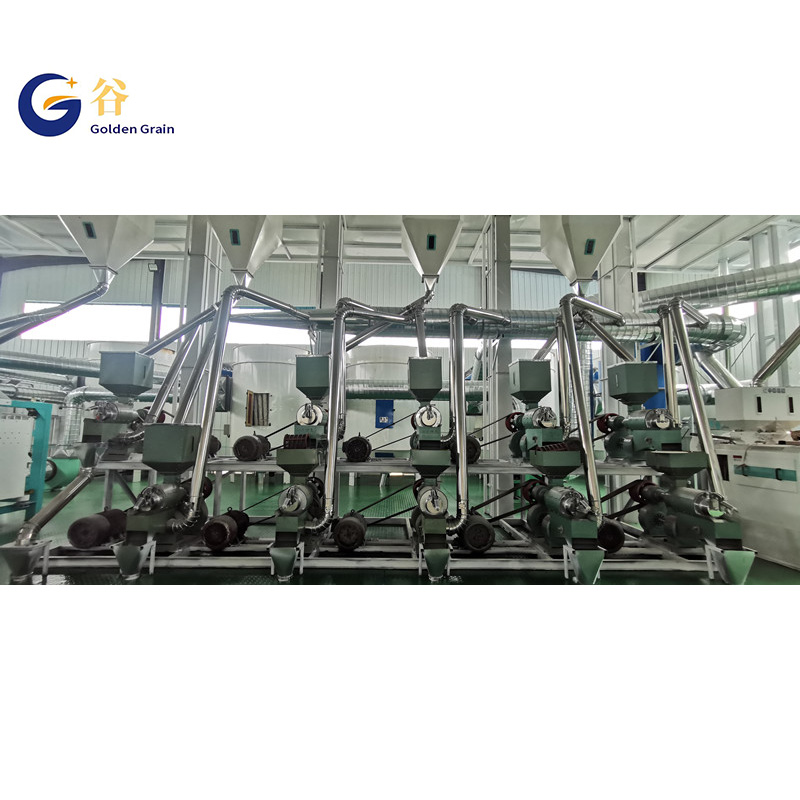Increase public spending to promote agricultural transformation Africa strives for food security
Increase public spending to promote agricultural transformation
-------Africa strives for food security
Recently, the second African Food Summit was held in Dakar, the capital of Senegal. The summit, co-hosted by Senegal and the African Development Bank, is themed “Feeding Africa: Food Sovereignty and Resilience.” Nearly a thousand representatives, including 34 heads of state and government, attended the summit to share useful experiences gained in promoting food self-sufficiency in recent years, formulate large-scale agricultural transformation and food production plans, and improve the extreme poverty, hunger and poverty currently faced by Africa. Current status of malnutrition.
According to the 2022 Global Food Crisis Report released by the Food and Agriculture Organization of the United Nations, about 1/3 of the world's 850 million hungry people are in Africa. The Horn of Africa in particular is experiencing the longest and most severe drought on record, with approximately 21 million people in the region suffering from famine. "Africa needs to learn to feed itself. Africa has 65% of the world's uncultivated farmland and abundant water resources. We have huge resources to develop." Senegalese President Macky Sall pointed out at the summit. Beth Dunford, Vice President for Agriculture and Human Development at the African Development Bank, said: “The summit urges African governments to provide targeted roadmaps to achieve food self-sufficiency and take concrete measures to promote the cooperation between the agricultural sector and the private sector in African countries. cooperate."
One of the important outcomes of the summit was the adoption of the Dakar Declaration. The declaration emphasized that African countries agreed to spend at least 10% of public expenditures on increasing agricultural investment and deploying stronger planning to increase agricultural productivity and achieve food security. The leaders of the participating African countries committed to establishing a "Presidential High-Level Advisory Committee" chaired by their respective heads of state to supervise the implementation of the "Food and Agriculture Delivery Compact", emphasizing that the top priority of each country is to increase food production, and set settings to this end Goals and timelines.
Agriculture is one of the pillars of the African economy. Some African countries have made positive progress in increasing agricultural productivity and achieving self-sufficiency. Zimbabwe's wheat production in 2022 will reach 375,000 tons, which can basically meet domestic demand and save US$300 million annually. President Felix Tshisekedi of the Democratic Republic of the Congo said that the country’s agricultural budget has doubled since 2019 and eight special zones for processing agricultural products have been identified. The country has saved nearly $20 million in wheat import funds by supporting the cassava industry. The Ethiopian government stated that it has cultivated 1 million hectares of irrigable fields.
The African Development Bank has also launched the African Agricultural Transformation Project to provide heat-tolerant wheat, drought-tolerant corn and high-yield rice seeds to 11 million farmers in 21 African countries. Martin Frejian, Director of the Agriculture and Agro-Industry Department of the African Development Bank, said that this project will focus on driving Africa to improve agricultural productivity, strengthen infrastructure construction, develop climate-smart agricultural systems, and increase private sector investment in the food industry chain. , helping to further unleash Africa’s agricultural development potential.
African Development Bank President Akinwumi Adesina pointed out that African countries spend about US$70 billion on food imports every year. To significantly reduce this figure, the African Development Bank has pledged to invest US$10 billion over the next five years to support food and agricultural development. He said, "This summit points the way for Africa to achieve food self-sufficiency, and we will work hard to achieve this goal: an Africa that finally feeds itself, an Africa that is proud to develop." African Union Commission Chairman Moussa Faki Maha Matt said the Dakar summit was timely and provided innovative solutions for Africa to reduce its dependence on food imports.


